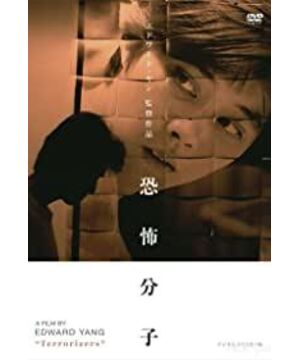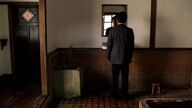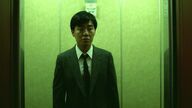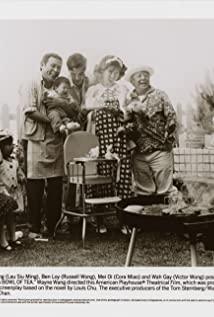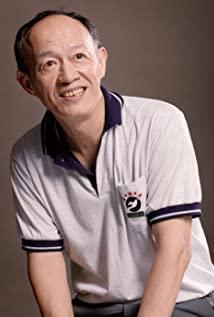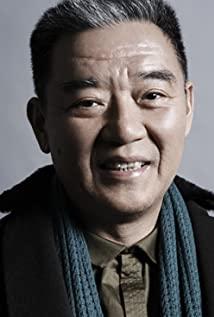Yang Dechang_Terrorist_1986
7.8
Creation anxiety is sexual anxiety, hallucinations will occur when fuel is lost, and the artist is therefore indistinguishable between authenticity and falsehood. Plato's so-called "ecstasy" is exactly this state, like dark clouds and silver borders. For this expression, Kubrick's "The Shining" before, followed by Coen Brothers' "Barton Funk", 2018's "Burning" directed by Li Changdong and "Pluto Hour" directed by Zhang Ming also have this meaning.
As the most delicate structure in the sequence of director Yang Dechang's works, this film is also about the creation of creation, and its foothold is on photographers and novelists.
The attitude of bystanders at the beginning of the film is extremely important. One is Li Lizhong's words to the novelist's wife, "How can writing a novel become a fatal thing?" The teacher left the scene. Overview In the whole story, the doomed and irreconcilable contradictions between artists and reality are shown early by these small actions. As Bergman said in "Autumn Sonata", "I can live in my art forever, but You can never live in your own real life."
Reality and art are irreconcilable, and material life and spiritual life also have such an inverse relationship, which is also used to reflect the falsity of intimacy or marriage through the double structure of doctors and novelists. Intending to achieve her goals in material life, she needs to hurt her colleagues; intending to achieve her goals in spiritual life, Yu Fang needs to hurt her husband. "It was the first day of spring. If you understand the seasons, change is just a repeat of the cycle. This spring is the same as usual, and for a couple like them, the biggest problem is..." Apparently, the photographer The source of inspiration for the novelist, and also the object of their sexual anxiety in reality, are unwilling to be their readers.
These two lines are neat and comfortable, converging on the tragedy of two different states. Director Yang Dechang did not deceive at the end of the film, but presented two equally shocking endings of "Killing the World" and "Killing Yourself" without partiality for the audience to choose. Bullets shattering mirrors seem to suggest that real life must collapse if art is to succeed. Lizhong's death is the same as Xiaoming's death in "Guling Street Teenage Murder Incident", it is a kind of elimination as a symbol.
The difference between praise and criticism is the rationality of the story presented in the film. I have no doubts about this, because people who are deeply involved in creation must be very, very vulnerable. Its slippery logic is always provided by the fragility of such creators, and anyone who has really experienced creative anxiety should have a deep understanding of and be more sensitive to it.
The environment has a sense of vacuum, the ringing of the phone is unusually clear, and the interpersonal relationship is extremely unfamiliar. The behavior of the protagonist Li Lizhong is not only the result of his cowardly character and depression, but is positioned in a larger political environment. Although it is unclear, it still reflects the period of the Kuomintang's white terror rule, the environment at the beginning of the film. Those who contacted the network of characters The ubiquitous sound of gunfire also seems to support this. The distortion of reality is also the distortion of the contemporary Taipei city, and the outward level is the relationship between the backwater-like reality of the times and the art of film. The film was produced at the time of the Taiwan Film Declaration in 1976. "We doubt policy units, we doubt mass communication, and we doubt the evaluation system." Director Yang Dechang was also one of the publishers.
We mentioned that director Bresson's image style would be called "stern": instead of close-ups, he uses medium and close-up shots, instead of taking pictures of the main body, he highlights the related objects, the spatial environment precedes the action, and the editing is omitted. Let you be far enough apart first, and then let you be shaken. The same is true for the films directed by Yang Dechang, but in terms of the author's expression, his strength lies precisely in his enthusiasm and anger, and the resulting shortcomings are also his lack of topic depth.
View more about The Terrorizers reviews


